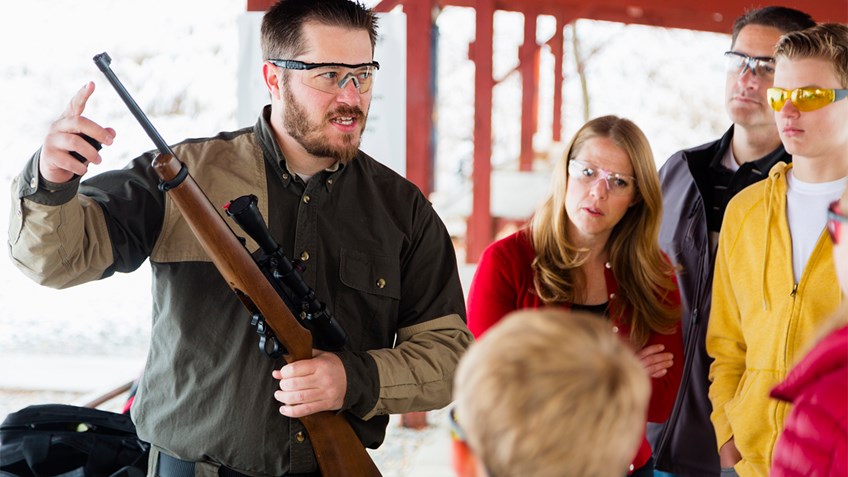Some good news! The Target Practice and Marksmanship Training Support Ac amended the P-R Act to provide states greater opportunities to use the P-R funds apportioned to them for public range development.
SOURCE: NRA-ILA
On May 10, President Trump signed the Target Practice and Marksmanship Training Support Act into law. This NRA-backed law will help promote firearm safety and training and enjoyment of the shooting sports by freeing up more federal funds for use in public shooting range development and construction.
Beginning in 1937 with the passage of the Federal Aid in Wildlife Restoration Act — commonly known as the Pittman-Robertson Act (P-R Act) — federal excise taxes on firearms, ammunition, and archery equipment have been returned to the states to help promote wildlife conservation and restoration. Participating states must ensure that hunting license fees are used exclusively for the administration of the state’s fish and game department.
Fifty percent of the excise tax revenue from handguns, bows, and arrows may be used for hunter education programs and the development and operation of archery and firearm shooting ranges. Additionally, there is an $8 million annual set-aside for firearm and bow hunter education and safety program grants within the states, which can also help fund ranges.
The P-R Act has been critical in preserving America’s hunting and sport-shooting heritage. State wildlife management programs have brought back species that in the early 1900s were in severe decline or on the brink of extinction, including white tailed deer, wild turkey, and wood ducks. Managed hunting, of course, plays a critical role in this responsible stewardship.
The Target Practice and Marksmanship Training Support Act (S. 94/H.R. 1222) amended the P-R Act to provide states greater opportunities to use the P-R funds apportioned to them for public range development.
First, the Act reduces the states’ mandatory matching share for a range development project from 25% to 10% (a state, in other words, only needs to provide 10% of the funding, while P-R funds can provide up to 90%).
It also extends the time a state has to obligate and expend the funds for range development from two fiscal years to five fiscal years.
Finally, the Act provides a new revenue stream for funding range development. It will allow up to 10% of specified apportionments from the wildlife restoration account to be used for this purpose. These funds were formerly unavailable for range construction, maintenance, or expansion projects.
We encourage states to take full advantage of the increased opportunities this new law will provide for them to build or expand safe, convenient, and modern accommodations for residents and visitors to responsibly exercise their Second Amendment rights.









